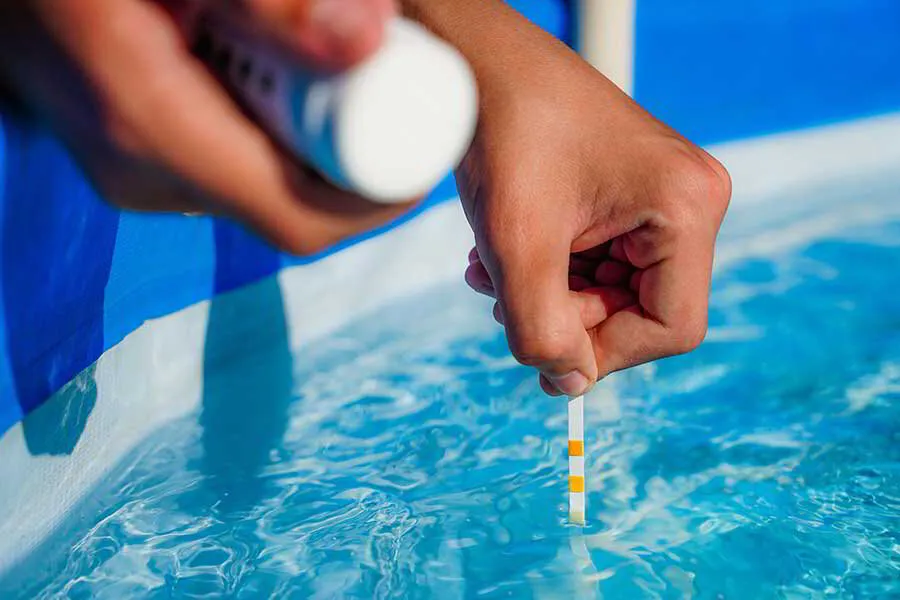Pool Maintenance Tips for a Tropical Paradise
Owning a pool in Hawaii offers the perfect way to enjoy the year-round tropical weather, but maintaining it can come with unique challenges. Hawaii's climate, rich in sun, saltwater, and humidity, requires a more tailored approach to pool care. Whether you're a homeowner looking to keep your pool pristine or a property manager ensuring guest satisfaction, these pool maintenance tips will help you keep your oasis sparkling.
Practical Advice for Maintaining Pools in Hawaii's Tropical Climate
Hawaii's tropical climate is both a blessing and a challenge for pool owners. Regular maintenance is essential to keeping your pool clean, efficient, and safe to use. One key factor is ensuring that your pool's water chemistry is balanced. Due to Hawaii's high temperatures and frequent sunlight, chlorine can dissipate quickly, making it important to monitor chlorine levels more often than in other regions. It's also crucial to clean your pool filter regularly, as it can quickly accumulate debris from tropical plants and fine particles like volcanic ash.
Additionally, consider investing in a quality pool cover. While it might seem unnecessary in a tropical paradise, a cover can protect your pool from debris during windier periods and reduce water evaporation. Keeping your pool's pH level between 7.4 and 7.6 will also help maintain crystal-clear water. Regular testing and adjustments can prevent algae growth, keeping your pool ready for a swim at any time.
The Challenges Posed by Saltwater, Sun, and Humidity
Hawaii's coastal location means many homeowners opt for saltwater pools, which can be more environmentally friendly and easier on the skin. However, saltwater pools come with their own set of challenges. Salt can be corrosive to metal pool components, so it's essential to inspect and maintain your pool's fixtures, pumps, and heaters to prevent rust and damage.
Hawaii's intense UV exposure can also break down chlorine and other chemicals faster than in cooler, less sunny climates. This requires frequent chemical testing and adjustments to maintain the correct balance. The humid climate can accelerate algae growth, so regular brushing and vacuuming are vital to preventing unwanted blooms in your pool. Keeping your pool's surfaces clean will also reduce the risk of calcium buildup, which is common in tropical environments.
A Seasonal Maintenance Checklist for Residential Pool Owners
Year-round pool maintenance is essential for keeping your pool in top condition, especially in Hawaii's tropical climate. In spring, it's important to test and balance your water chemistry as temperatures rise, inspect equipment like salt chlorinators for wear and tear, and clean the pool filter in preparation for increased use. During summer, the higher UV exposure means more frequent testing for chlorine and pH levels, along with regular brushing and vacuuming to prevent algae growth. Be sure to clean and inspect pool covers to reduce water evaporation. In the fall, continue frequent water testing as the warm tropical climate persists, trim back nearby plants to minimize debris, and inspect your pool heater and pump systems. Winter maintenance involves lowering pump run time if temperatures cool, regularly testing the water, checking for calcium buildup, and storing accessories and furniture to avoid wind damage. By adhering to this seasonal checklist, pool owners in Hawaii can keep their pools clean and well-maintained throughout the year.

